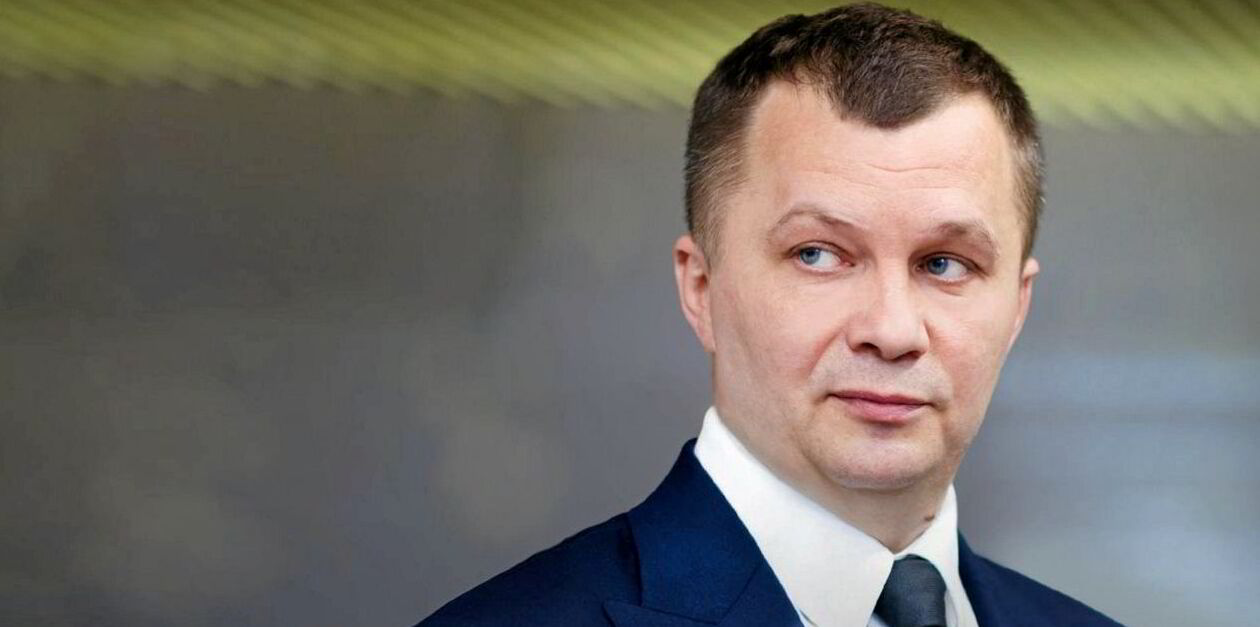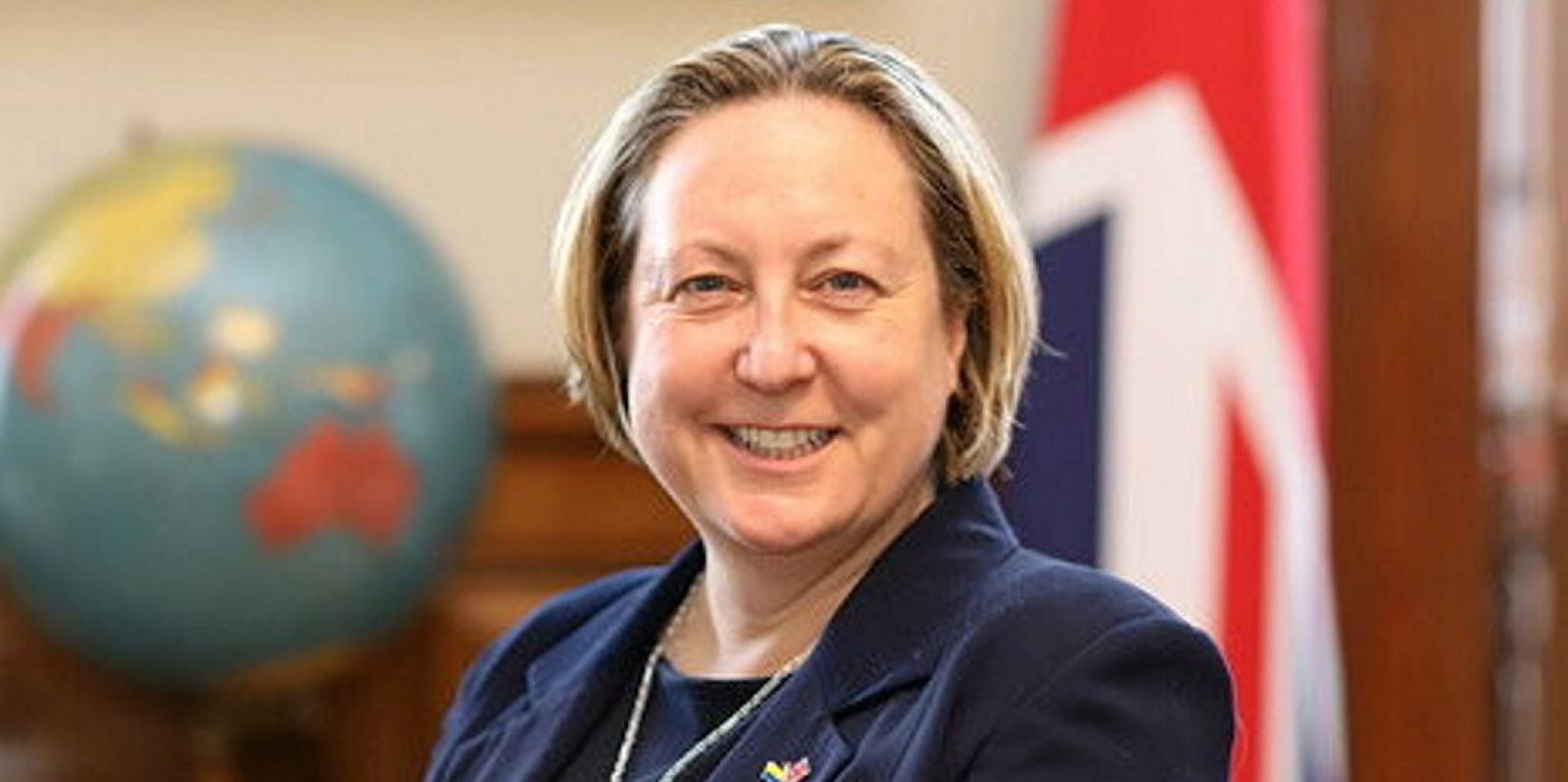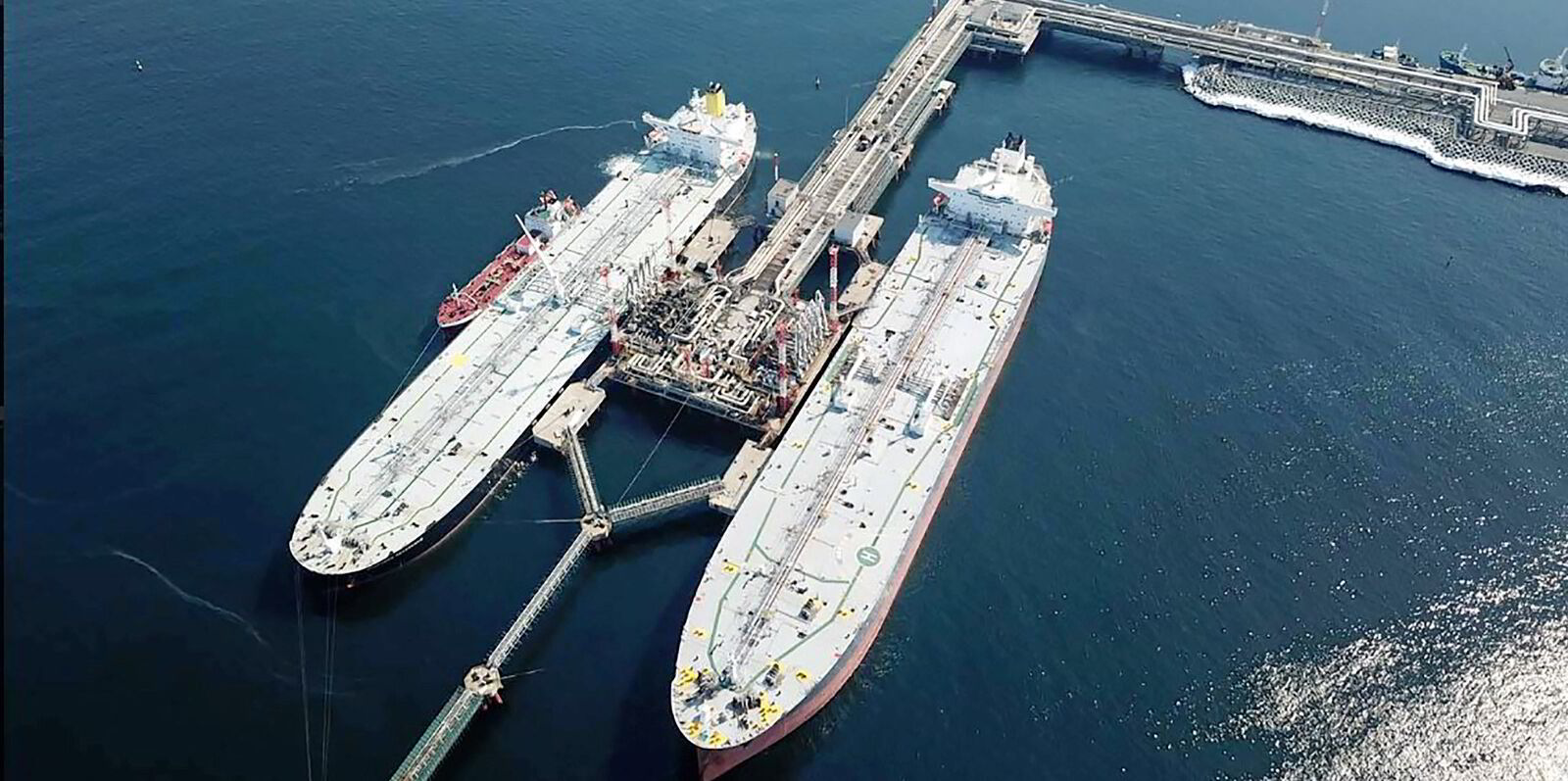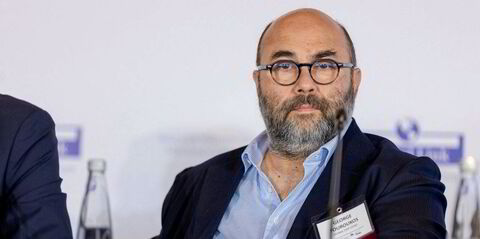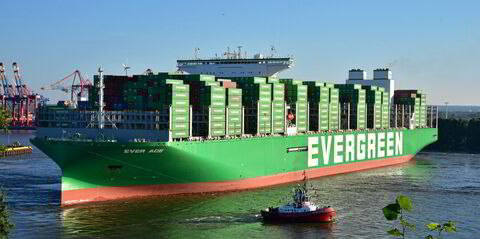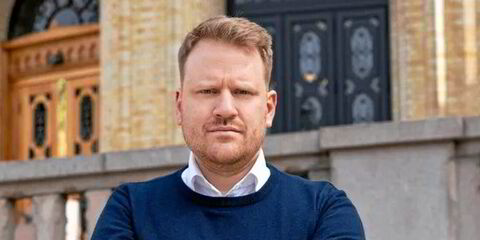An oil spill in Europe linked to the Russian trade will radically alter the political agenda and lead to punishing sanctions on the shadow fleet of tankers, the president of the Kyiv School of Economics has told TradeWinds.
Tymofiy Mylovanov, a former Ukrainian trade minister, said that a year of elections in 2024 — including in the US and UK, key members of the anti-Putin alliance — is diverting attention from the complexity of the Russian sanctions regime and the oil price cap.
He said an environmental spill involving an ageing shadow fleet tanker would refocus attention on the issue and lead to more economic measures targeting shipping.
There is a high risk of an oil spill in the Mediterranean or the Baltics, he said, which would put it “at the top of the agenda of politicians”.
“Some towns or villages will not have tourism any more for at least a couple of years. So that will then be the new story … and the hammer will come down,” he added.
Mylovanov said new research by the KSE Institute shows that Moscow’s revenues from the oil trade directly correlates to enforcement by G7 nations against tankers involved in sanctions-busting trading.
The think-tank’s research suggested that the discount on Russian crude grows at times of sanctions crackdown.
“Over time, what we have seen is that if the US and Europe are serious about enforcement, Russia gets less revenue. If they are not, then they bypass the sanctions,” he said.
“I think my concern is that the elections are making it even less of a priority, and, therefore, all of us will pay a higher price later on.”
Mylovanov said sanctions enforcement is paused after the last major round of US sanctions, which targeted 14 Sovcomflot tankers in February.
The desire to act is stronger among administrators than the top tier of government, which is demanding strong evidence before acting, he said.
Myvolanov said KSE researchers have been in touch with regulatory bodies, including the Office of Foreign Assets Control in the US, since the beginning of the war.
“We have had successes in terms of advocating policy, especially if this is something very specific, you know the name of the tankers,” he said. “So people have been paying attention. Some of it is public. Some of it is not.
“At the highest level, sometimes there’s not enough attention. They ask for very specific evidence because they want to support their case. And of course, Russia is working very hard to obfuscate and confuse and prevent the Western authorities from getting that.
“So over time, I think that will happen — the tankers will be designated, and the shadow fleet will be under much more scrutiny than it is now.”
Read more
- Rishi Sunak cracks down on sanctions-busting shadow fleet tankers with pre-election law change
- AIS data spoof: Sanctioned Middle East tankers shown at airports
- Sanctioned Sovcomflot suezmax heads to Asia as others wait
- Aristidis Alafouzos hits back at ‘sour grapes’ over stellar Okeanis VLCC rates
- Shift to shadow tanker fleet exposes ‘flawed’ price cap scheme
